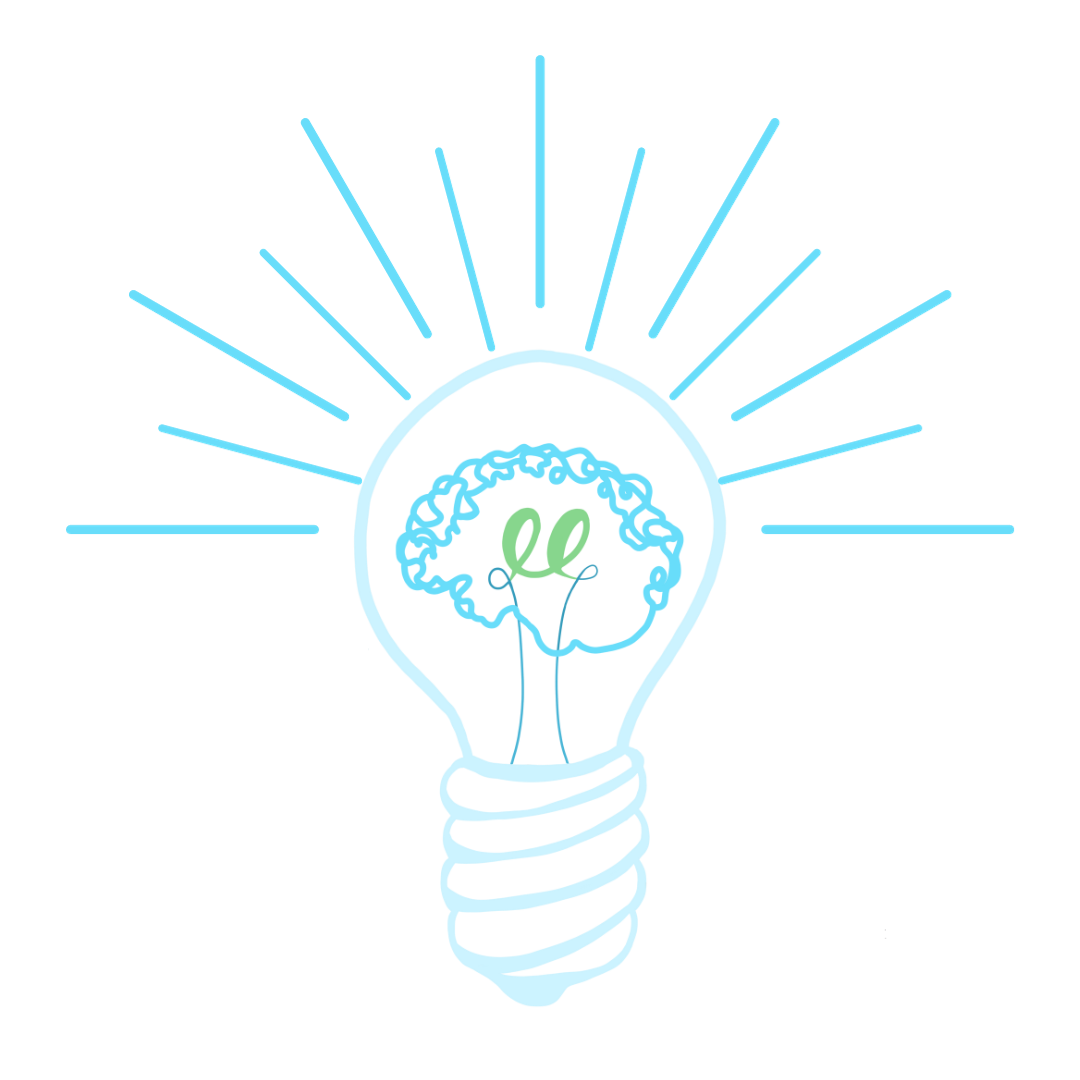Manifestx
On June 15, 2023, Beyond Air issued a press release announcing they have licensed the commercial rights to Selective Neuronal Nitric Oxide Synthase (nNOS) Inhibitors for the treatment of Autism Spectrum Disorder from Hebrew University of Jerusalem.
The screen shot pictured here is from Beyond Air’s Twitter feed reporting they “Advance research that could lead to first medication for Autism Disease Reversal; First-in-human clinical trials planned for 2025.”
Below is my response.

I am an actually Autistic (and ADHD) adult, business owner, NeuroInclusive Consultant and Executive Business Coach. I hold a Master of Science degree in Marriage and Family Therapy and worked successfully holding space with other neurodivergent clients as a licensed complex trauma therapist for 15 years until my retirement. I turned to entrepreneurship out of necessity as a result of the inaccessible and non-inclusive work environments that I consistently encountered.
Autism is not a disease or a disorder.
It is an identity.
Autistic people don’t suffer from autism, we suffer from the unrelenting, ableist demands to perform and conform to neurotypicality in schools, in homes, in workplaces, in society.
Autism is not a problem to be cured.
Autism is an identity to be curious about and understood.
The idea that drug companies seek to erase the very things that make our unique and remarkable brains what they are is ableist and a form of eugenics.
Proceed with great skepticism when engaging with research about autism that is done by anyone who is not themselves autistic; it is inherently flawed and biased because none of it even considers the inner lived-experience of actually autistic people.
We are done being spoken for. We are done being decided about. We are here, thinking, working, passionate human beings who know our own minds and who thrive in environments that are accessible and neuroinclusive.
The reports reflecting the cost of “managing” autistic children is grotesque at best.
What would truly help autistic people of all ages is significant investment in neuroinclusion training and implementation–in homes, in schools, in workplaces, in law enforcement, in healthcare facilities, in academic institutions, in public policy, in legislation, everywhere.
THAT would be the REAL breakthrough worth celebrating.
Our society and humanity as a whole depends on neurodiversity for survival and evolution. If our vastly different minds and ways of thinking are culled to the point of homogeneity, it will be the end of innovation, the end of creativity, the end of discoveries and inventions, including the very process that resulted in the finding I am responding to.
While I do not in any way support the concept of Autism as a disease that needs curing, I absolutely value freedom and diversity of thought, expression, experience, perspective, and being even when it leads to innovation that results in something controversial. With the caveat that that controversial thing is thoroughly examined from ALL sides–especially from the side of Actually Autistic people.

I am the NeuroInclusive specialist that delivers trainings, workshops, consultation, and coaching for Expansive Expressions. NeuroInclusion must be included in the work of Diversity, Equity, Inclusion, and Belonging in order for their to be comprehensive conversations, learning, practice, and embodiment.
If your organization, company, agency, corporation, healthcare, or academic institution is ready to take the next step in understanding NeuroInclusion, connect with us today to book a 90minute live, interactive, virtual workshop.
To learn more about our consulting and coaching retainer packages, please visit our information page here.
If you are a parent of an Autistic kiddo interested in learning more about new ways to engage with and be curious about your child’s experience, contact us for referrals to excellent neurodivergent-affirming resources.
#ActuallyAutistic #Autism #Neurodiversity #Neuroinclusion #Neurodivergent #Advocacy #Training #DEIB





